While there are a lot of things that make life good in Middle Tennessee, building prosperity requires focused intention.
That theme resonated throughout the release of the 2015 Nashville Region’s Vital Signs report on Tuesday with the Middle Tennessee Mayors’ Caucus. Vital Signs is a way for our region to take an annual snapshot of how we’re doing and identify areas in need of action. This year’s report shows there is a lot to celebrate. Growth job is high, unemployment is low, our cost of living remains low compared to peer regions, and our residents feel like the region is a lively and vibrant place to live. However, the report also points to three concerns we must address: postsecondary education, health care coverage and regional transit.
This year’s Vital Signs shows that our region is not producing enough graduates with the skills necessary to keep pace with the jobs that are being created. Although the region outpaces our nation and state in the percentage of adults with bachelor’s degrees, our current economic development momentum is not sustainable without an influx of highly skilled workers – especially in growth industries such as construction, logistics and manufacturing.
Given Nashville’s status as a health care capital, it’s not surprising that the Nashville region outperforms our peer cities in terms of cost, access and quality of health care. However, the research indicates that our region lags behind our peers in many key health outcomes, including obesity, heart disease, stress, depression and smoking. Nearly 270,000 Middle Tennesseans report lacking health insurance.
Another challenge the report examines in depth is the projected impact of our declining mobility on our economic development potential. The average Nashville commuter is losing 45 hours in traffic-related delays each year, and this trend will get worse as our region keeps attracting new residents. This has significant ramifications on our ability to continue recruiting companies and workers to the region.
The Nashville Chamber launched the Vital Signs framework in 2013 to evaluate issues that can potentially threaten our region’s economic vitality and quality of life. The report analyzes data from both the Nashville and Clarksville MSAs — adjacent metros encompassing 17 counties.
This week’s report release is only the beginning of a year-round process. Over the next year, the Vital Signs Action Team will convene regional leaders throughout Middle Tennessee to proactively tackle the challenges identified in the study. If you would like to be part of the solution, please email me at lmoore@nashvillechamber.com.

Davidson County Mayor Megan Barry asks a question during the release of the third annual Vital Signs report in Murfreesboro.

Chris Holmes, president, FirstBank, and Vital Signs Action Team Chair, highlights findings from the 2015 Nashville Region’s Vital Signs report during the report release.




